Workplace Surveys
Gensler’s Workplace Surveys represent our commitment to understanding what succeeds, what doesn’t, and what’s next in strategy and design.
62 Items
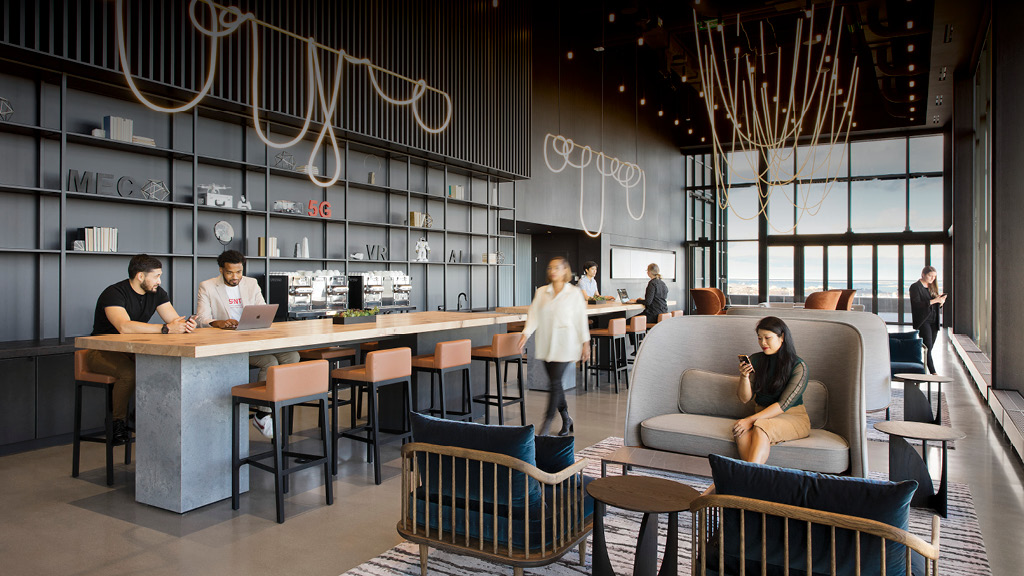
Work, Life, and the Workplace: A 2023 Survey of Office Workers in Six U.S. Cities
We surveyed remote and office-based workers across six major U.S. cities to understand the unique factors that influence why employees adopt different work behaviors.
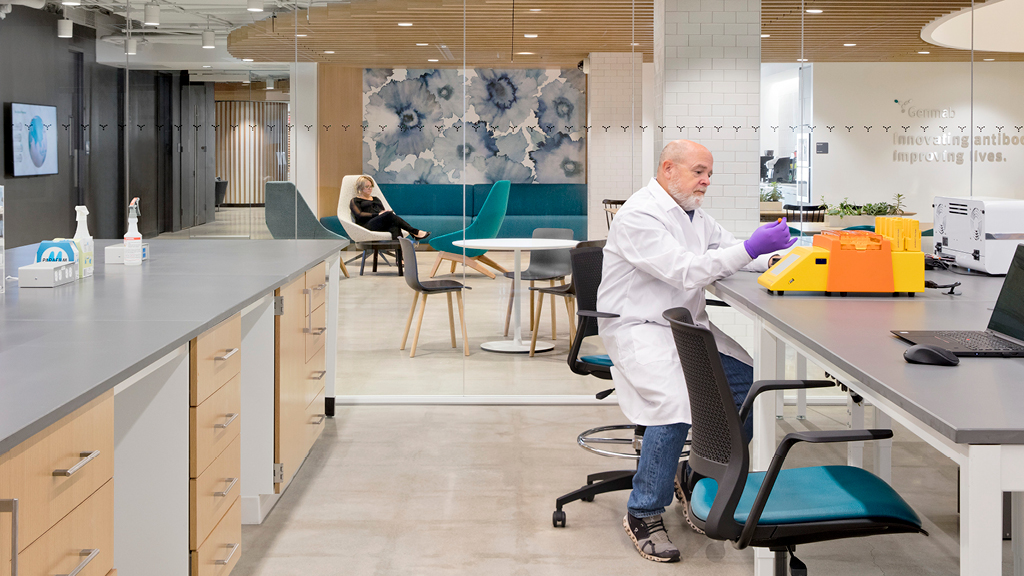
U.S. Laboratory Research Scientist Survey 2023
As hybrid work, artificial intelligence, and cloud labs become commonplace in the life science industry, how can the design of laboratory settings evolve to meet needs and demands?
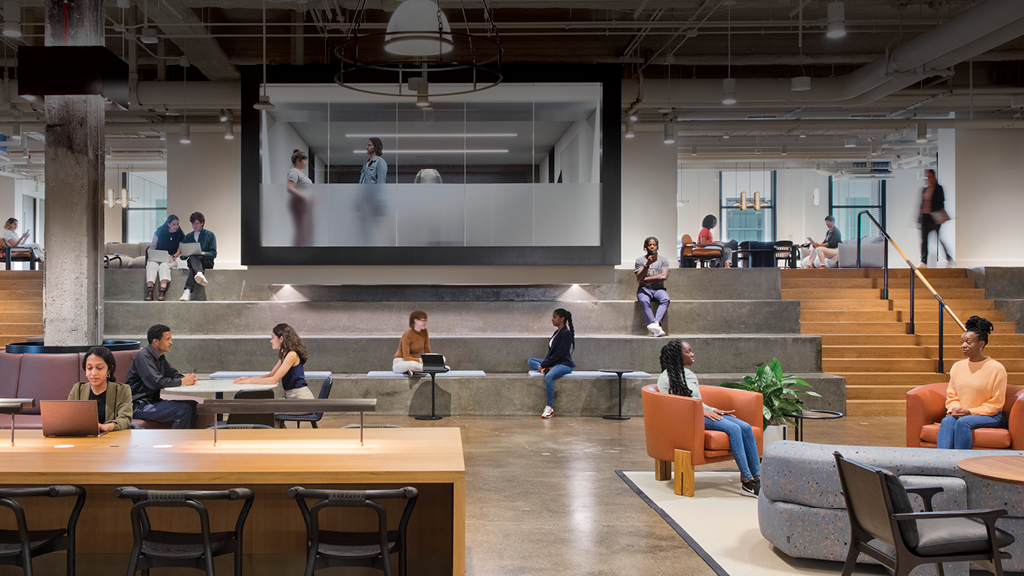
Global Workplace Survey Comparison 2023
We surveyed office workers around the globe to understand how the workplace should evolve to meet their needs.
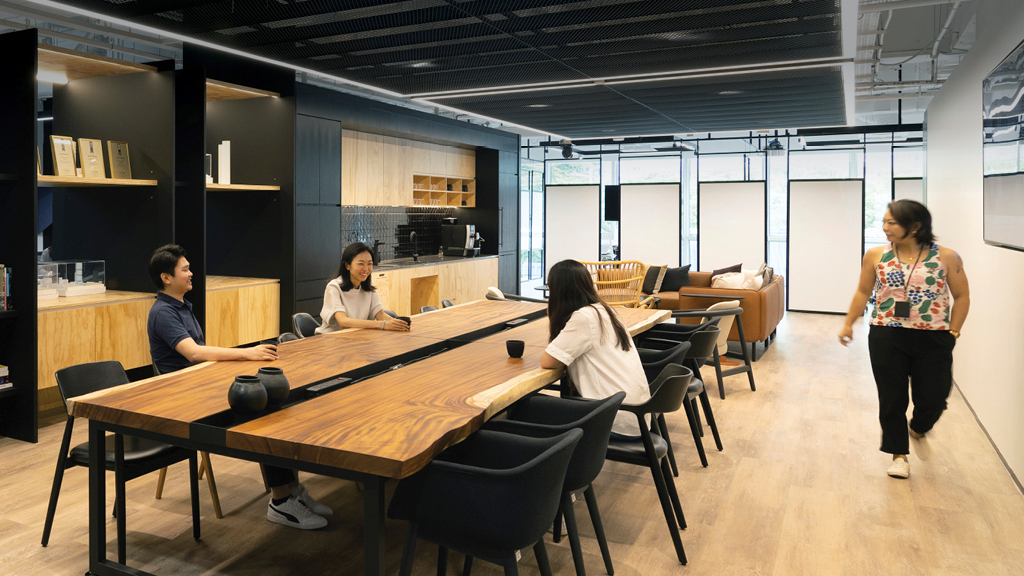
Singapore & Philippines Workplace Survey 2023
In Gensler’s inaugural Singapore and Philippines Workplace Survey, we explore what employees value in the office, spaces that have the most impact, and the benefits of designing high-performance workplaces.
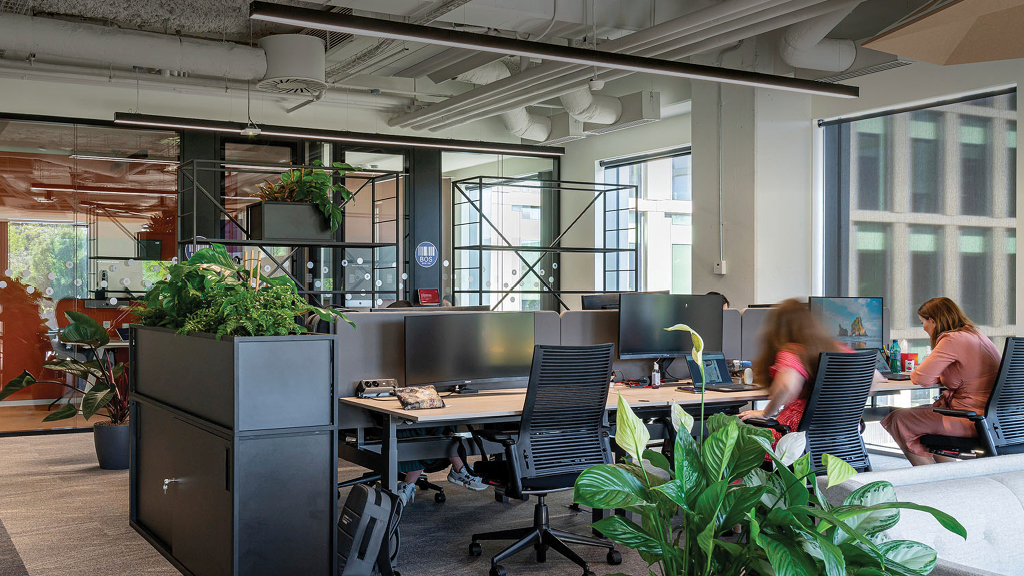
Germany Workplace Survey 2023
We surveyed office workers in Germany to understand how they are using the office now and their ideal workplace of the future. We found that office workers value the office for social interaction and connection with their team.
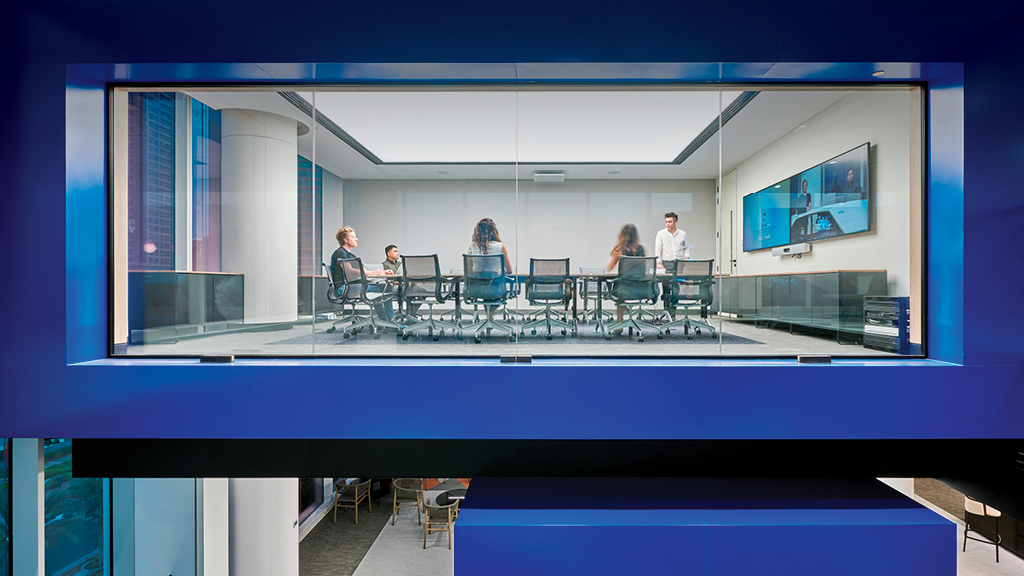
Middle East Workplace Survey 2023
Our survey of office workers across Saudi Arabia, United Arab Emirates, and Kuwait reveals opportunities to make critical workplace changes to adapt to new workplace expectations.
_1681918558.jpg)
UK Workplace Survey 2023
We surveyed UK workers to understand how employees prioritise and experience workspace as work continues to evolve.
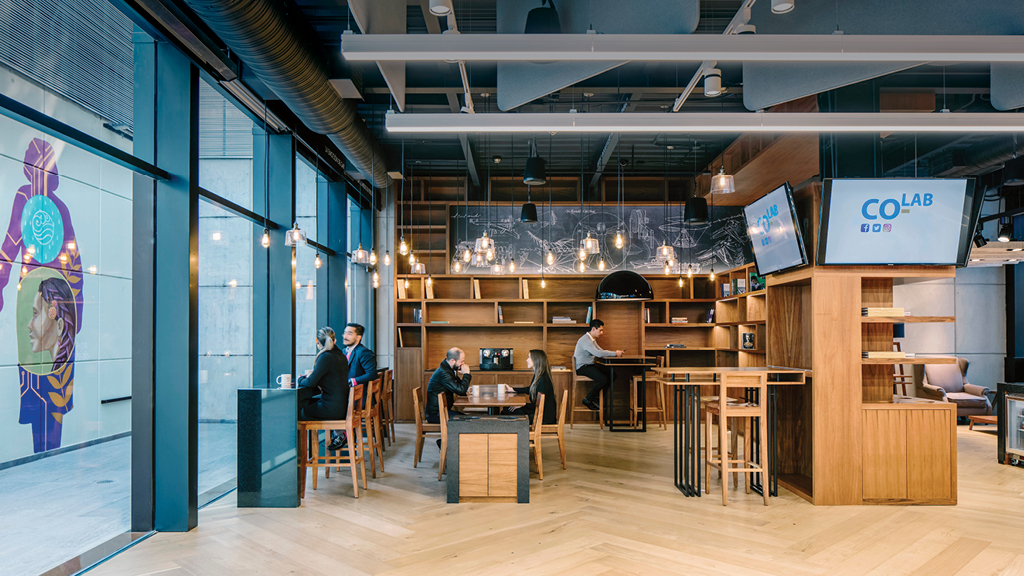
Mexico Workplace Survey 2022
We surveyed office workers in Mexico to understand how they are using the office now and their ideal workplace of the future. As they return, employees want scheduled, purposeful interactions.
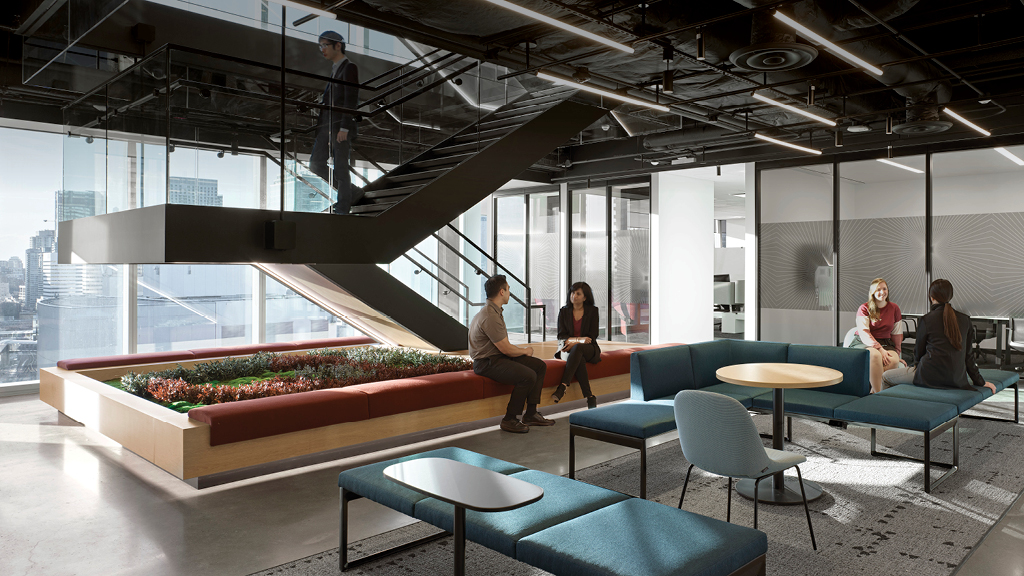
Canada Workplace Survey 2022
We surveyed Canadian office workers to understand their preferred mix of experiences in the office to get work done.
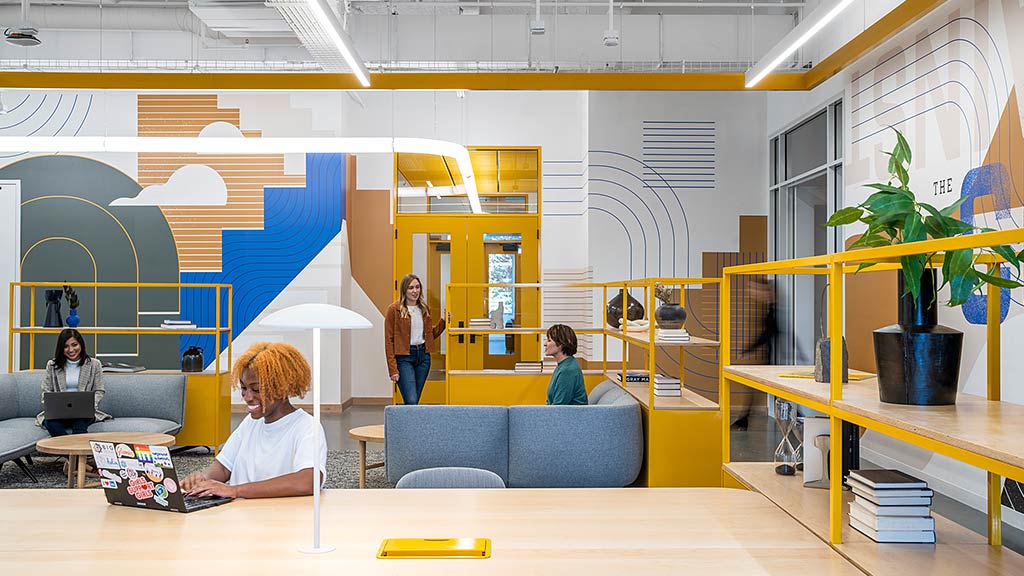
U.S. Workplace Survey 2022
The future of the office is about creating the right experiences. Beyond collaboration, employees want the office to be a great place to get work done.
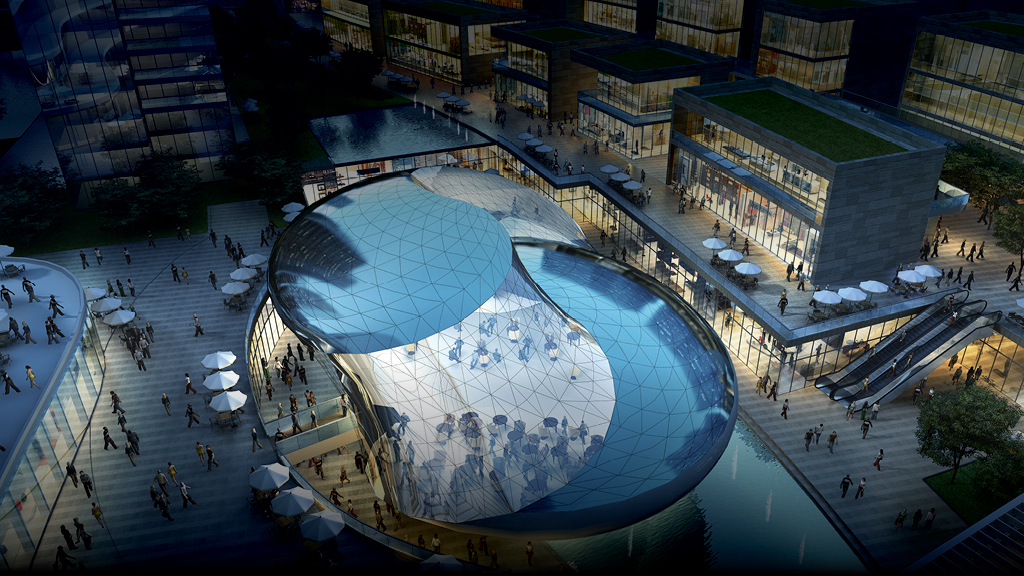
City Pulse Survey Spring 2022
Our City Pulse Survey Spring 2022 surveyed city residents in 25 cities across the world to understand how residents are feeling about their cities through the lenses of affordability, work, and safety.
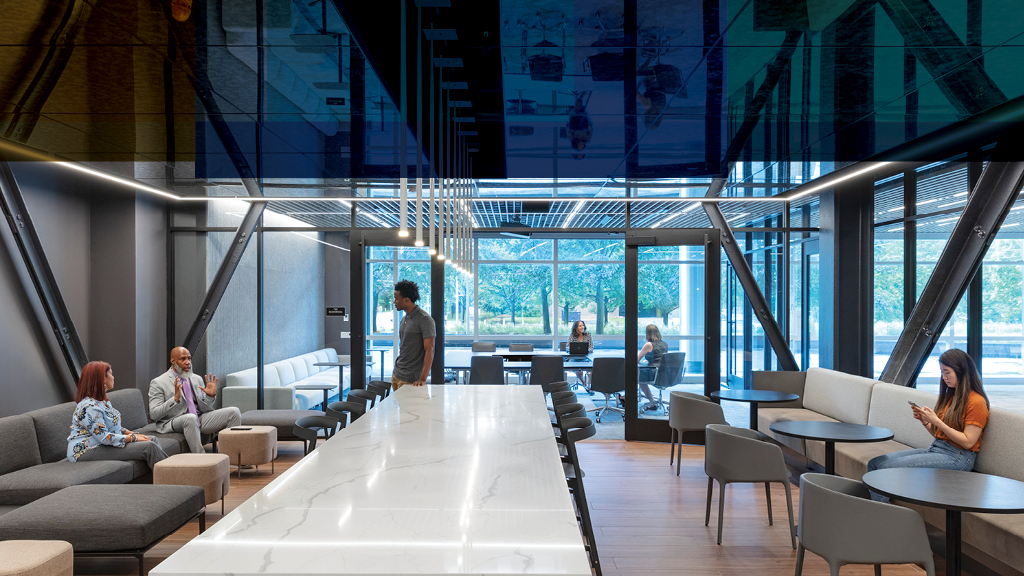
US Workplace Survey Winter 2021
Our U.S. Workplace Survey Winter 2021 uncovers what employees are expecting as the return to office begins — and how workplaces can adapt to encourage workers to return to in-person work.

Gensler City Pulse Survey Fall 2021
We surveyed residents in 15 global cities to understand their experiences as the pandemic continues and to explore implications for the future of the business district.
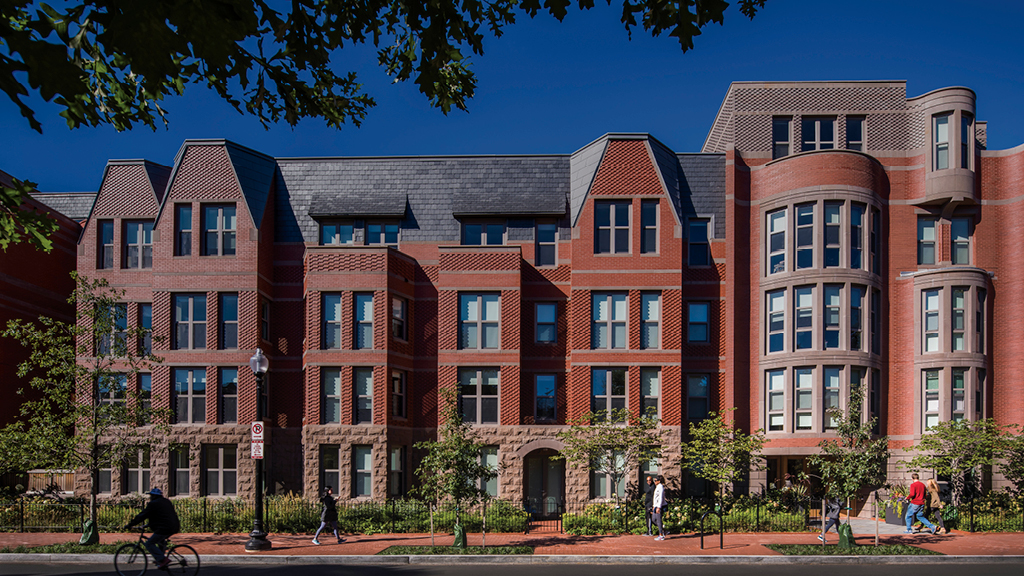
Residential Experience Briefing Fall 2021
We surveyed residents across nine global markets to understand their experiences and the implications for the future of residential development.
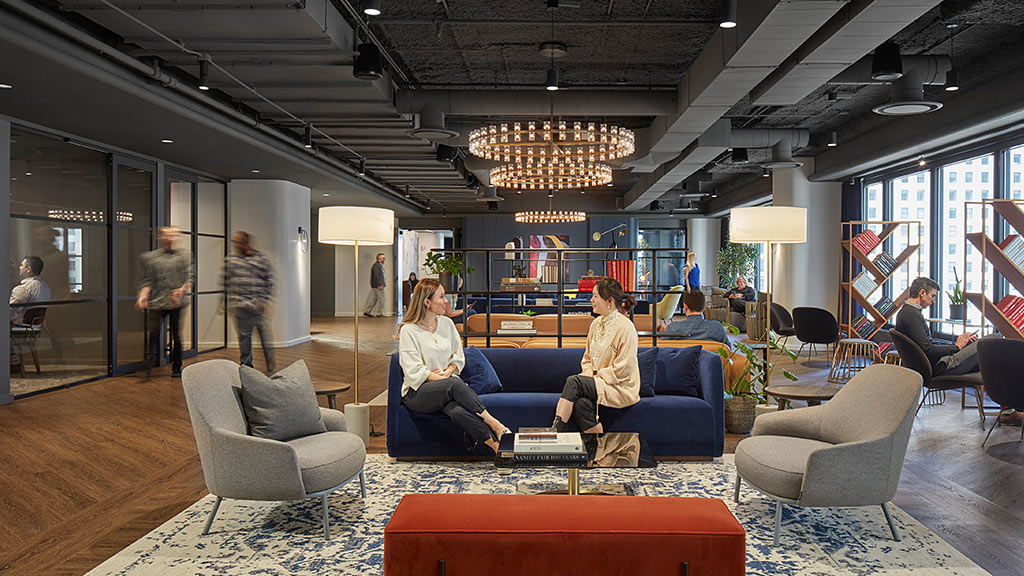
US Workplace Survey Summer 2021
Top-performing companies are three times more likely to increase their real estate footprint post-pandemic, according to findings from Gensler’s latest U.S. Workplace Survey Summer 2021.
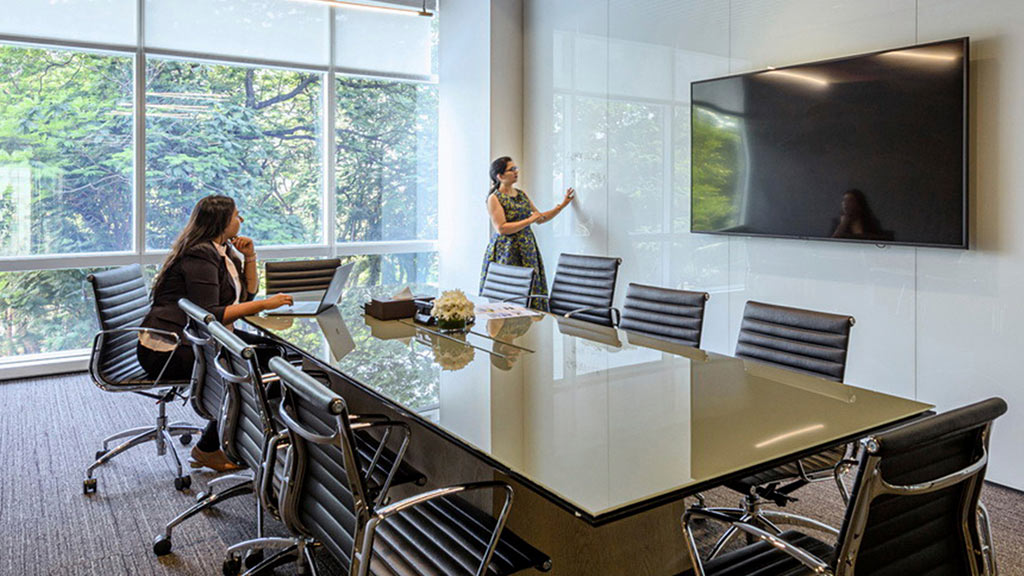
India Workplace Survey 2021
The COVID-19 pandemic has altered the way we work. As Indian office workers look to the future, how will the office factor into new ways of working?
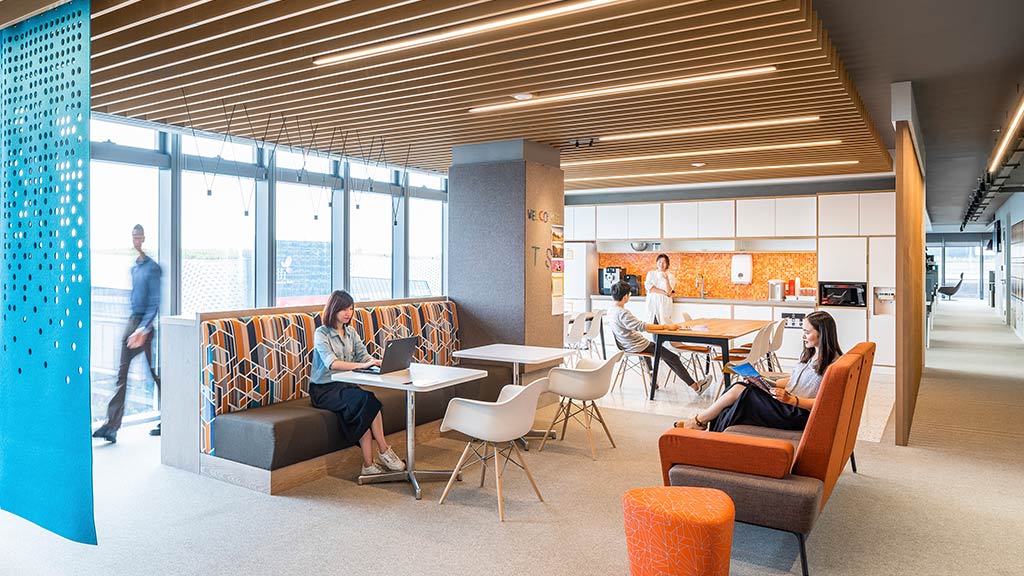
China Workplace Survey 2021
Chinese workers are back at the office — and the workplace is still the primary anchor of the workweek.
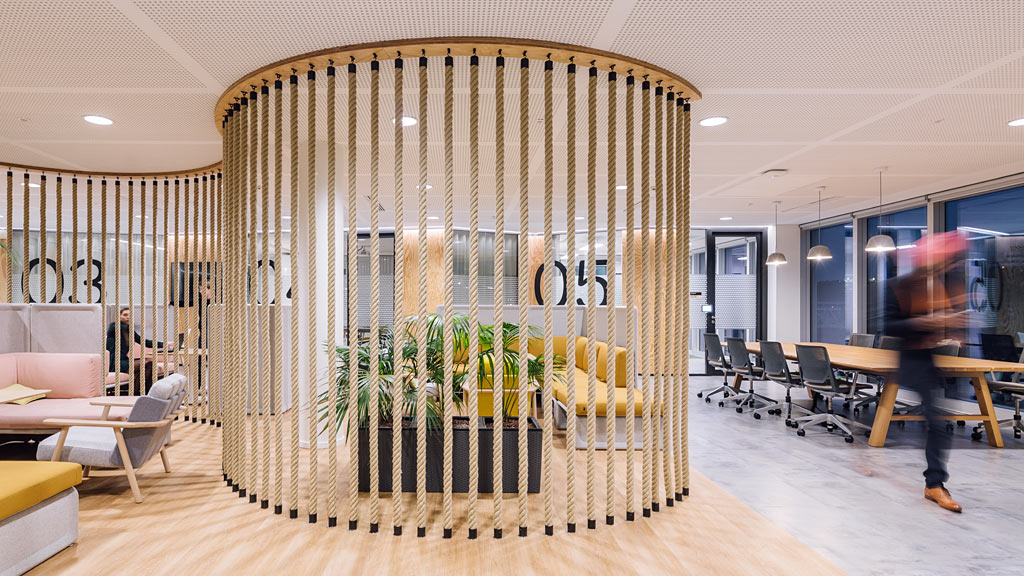
France Workplace Survey 2020
Data from Gensler's France Workplace Survey 2020 shows that professionals in France want to spend the majority of their workweek at the office — but with added flexibility in a post-pandemic future.
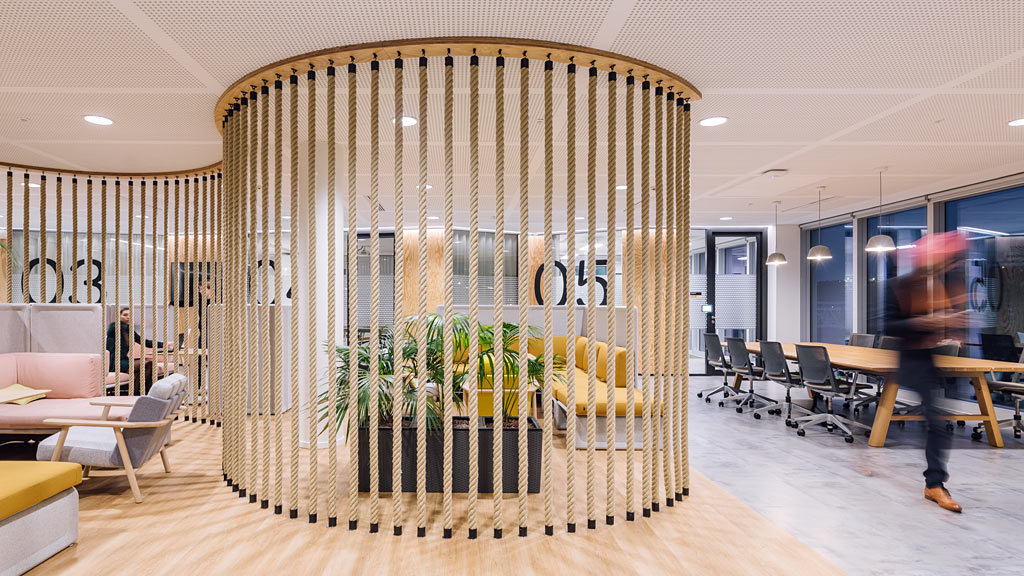
Étude sur les Espaces de Travail en France 2020
Les données de l'Enquête sur les lieux de travail en France 2020 de Gensler montrent que les professionnels en France veulent passer la majorité de leur semaine de travail au bureau, mais avec une flexibilité supplémentaire dans un avenir post-pandémique.
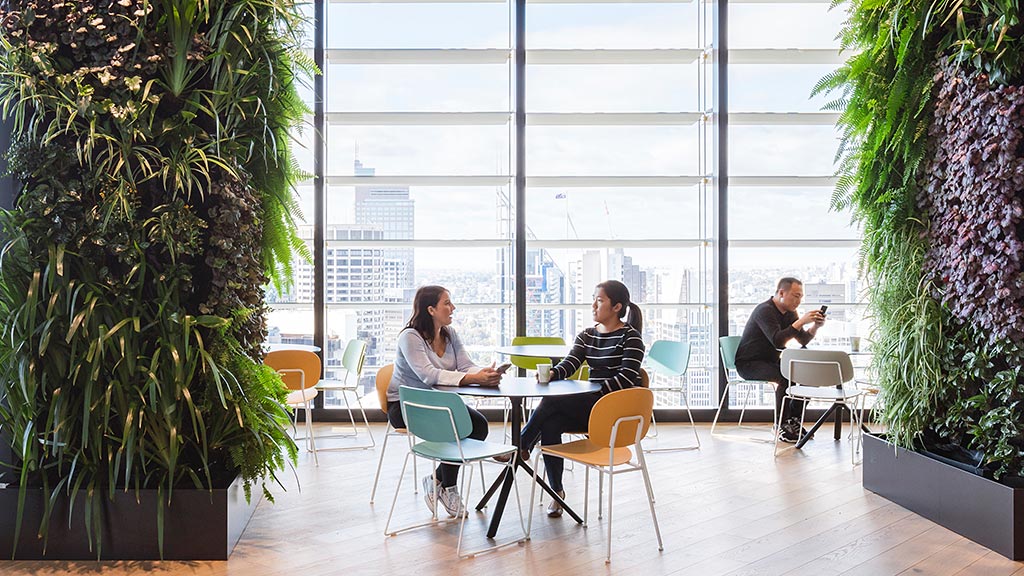
Australia Workplace Survey 2020
Findings from Gensler's Australia Workplace Survey 2020 show that the majority of the Australian workforce wants a hybrid work model that incorporates the benefits of both the office and remote work.
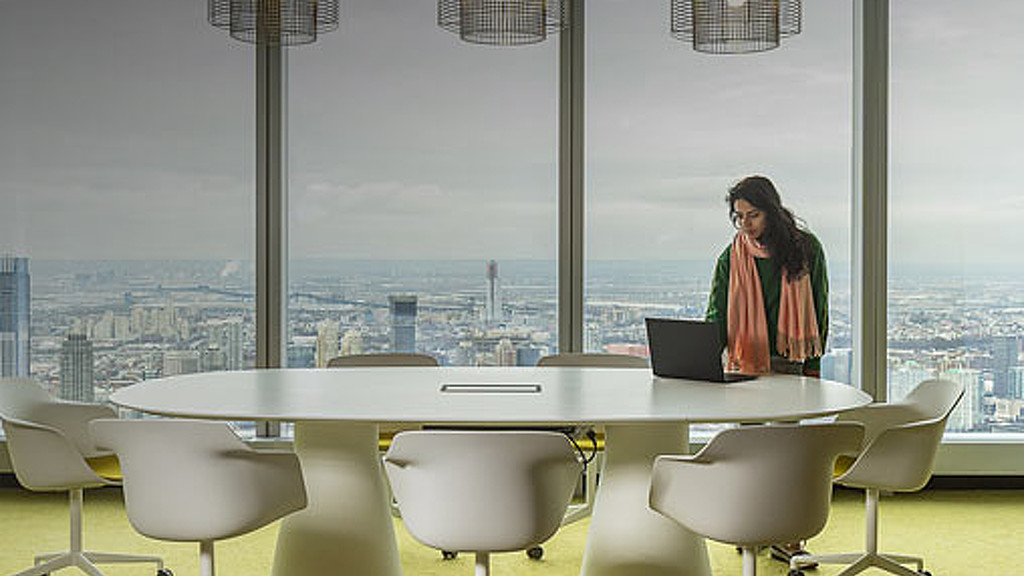
US Workplace Survey 2020 Summer/Fall
Data from Gensler's U.S. Workplace Survey 2020 shows that U.S. workers want a hybrid work model that offers the flexibility to work from home, and they also have new expectations for how the office can support their evolving needs.
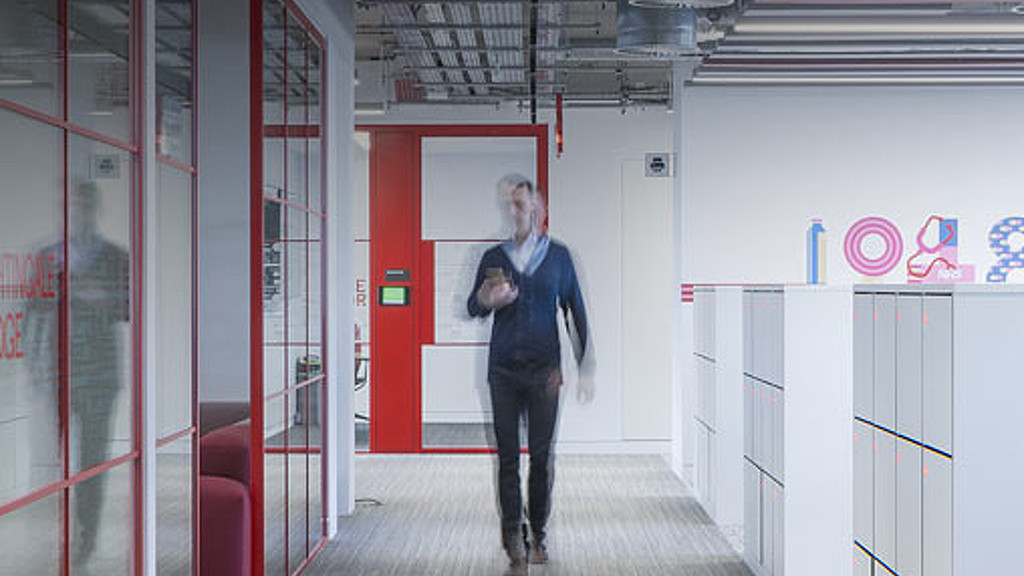
UK Workplace Survey 2020
The UK Workplace Survey 2020 explores what office employees want from their future workplace.
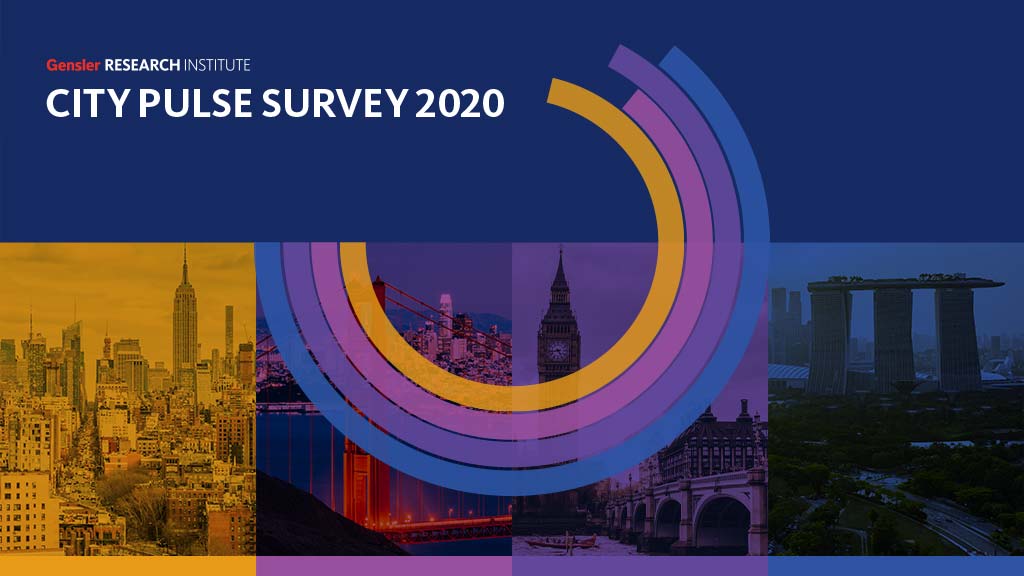
City Pulse Survey 2020
The Gensler Research Institute's City Pulse Survey explores how the pandemic is impacting the urban experience in global cities including New York, San Francisco, London, and Singapore.
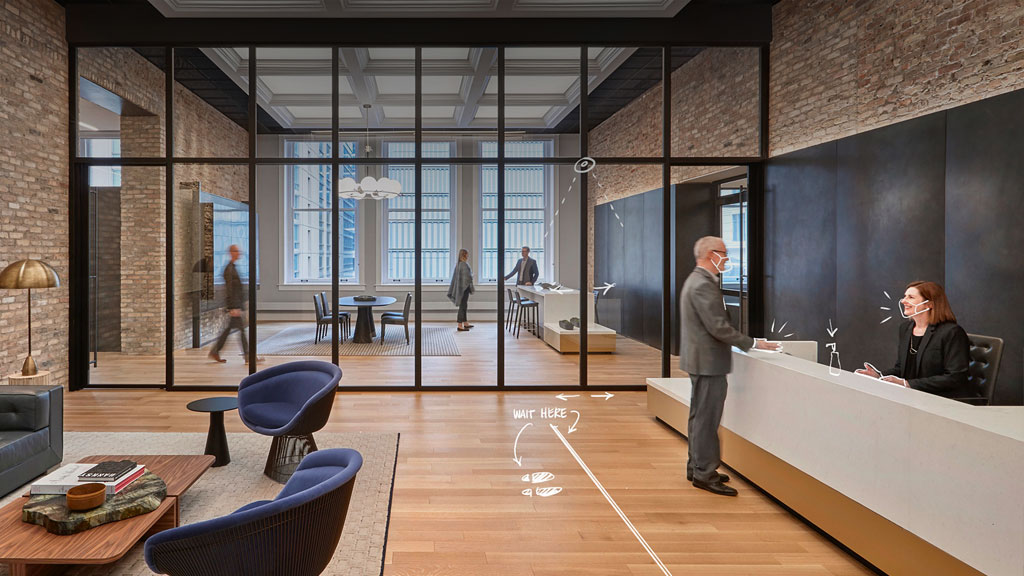
U.S. Work From Home Survey 2020
Lessons from working from home during COVID-19 offer an opportunity to rethink our future physical workplace.

The Culture of Innovation
An investigation into the cultural conditions for innovation within organizations.
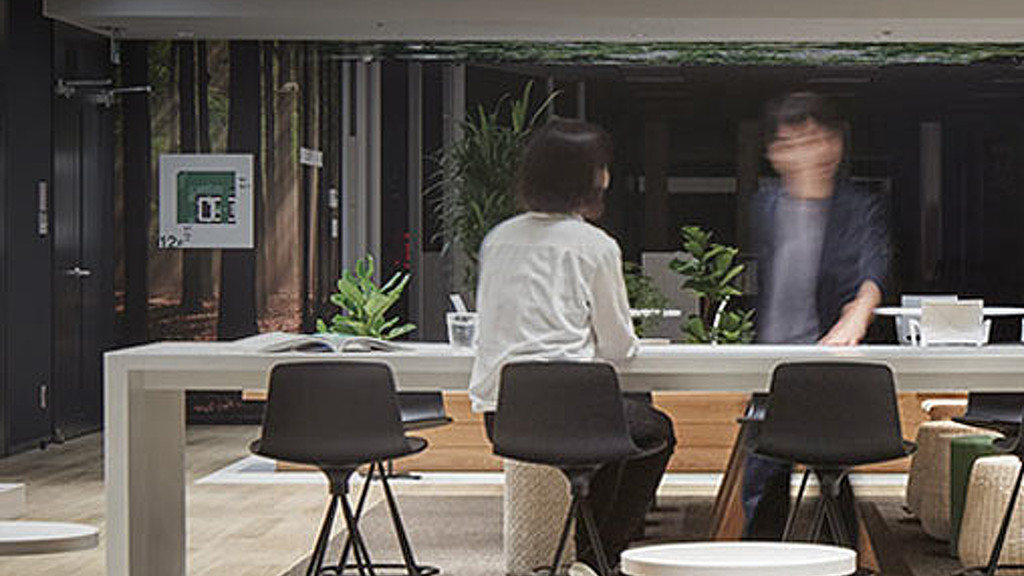
Japan Workplace Survey 2020
We analyzed the Japanese workplace to address and improve workplace quality and experience.
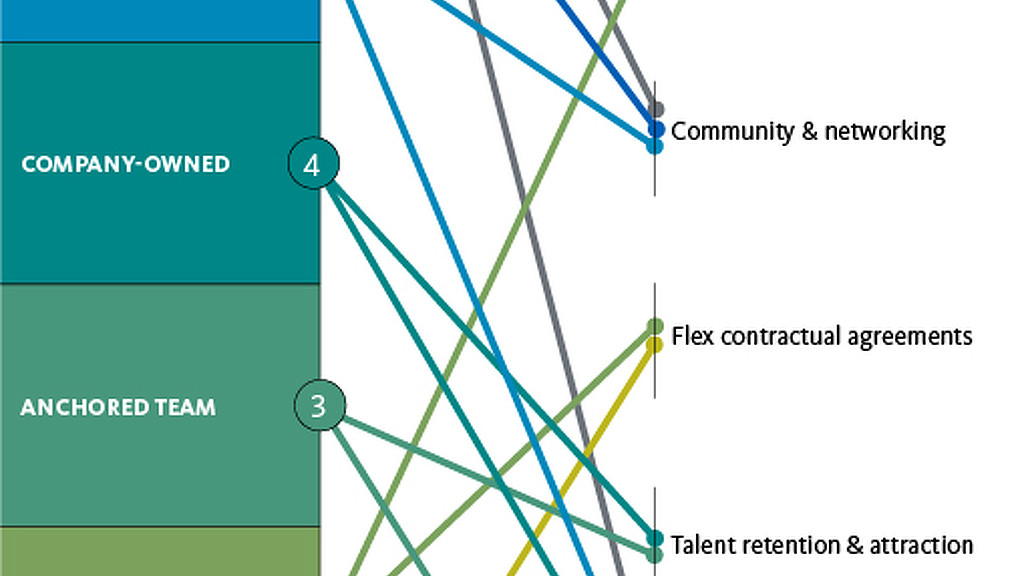
Flexible Workspace in the Post-Coworking Era: A European Perspective
Identifying key models and drivers attracting large corporations to European coworking culture.

Listening Through the Noise
An investigation on designing for productive sound in the workplace.

Evolution of Creative Learning at Work
An investigation into how organizations can trigger, promote, and sustain learning behaviors.
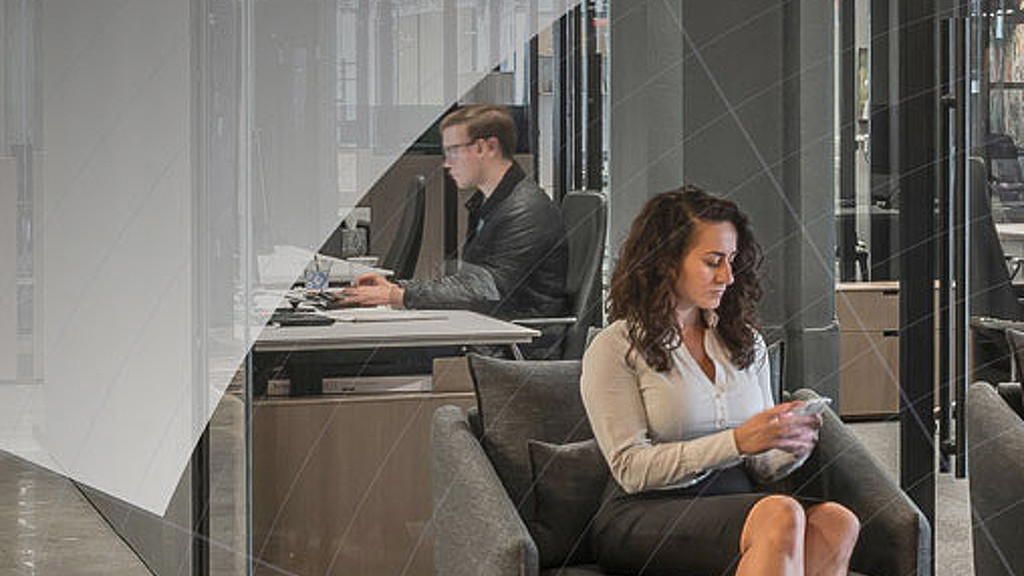
Middle East Workplace Survey 2020
An investigation into the changing nature of the Middle East workplace.
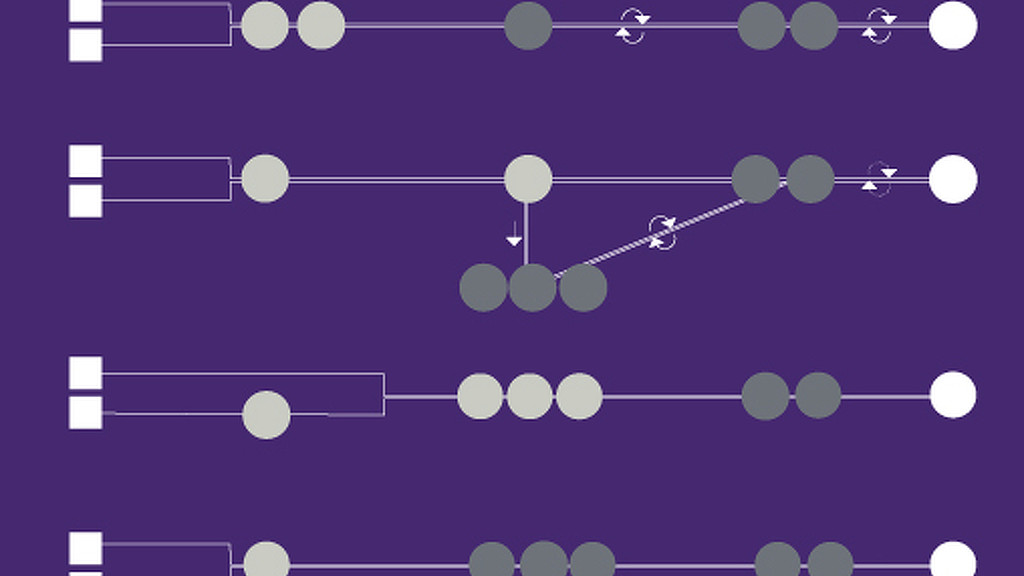
Linking Program and Asset Management
Integrating Wisp into project predesign to understand its potential impact on program management.

The Value Opportunities of Machine Learning Design Strategies
An exploration into applications for machine learning in architectural design.
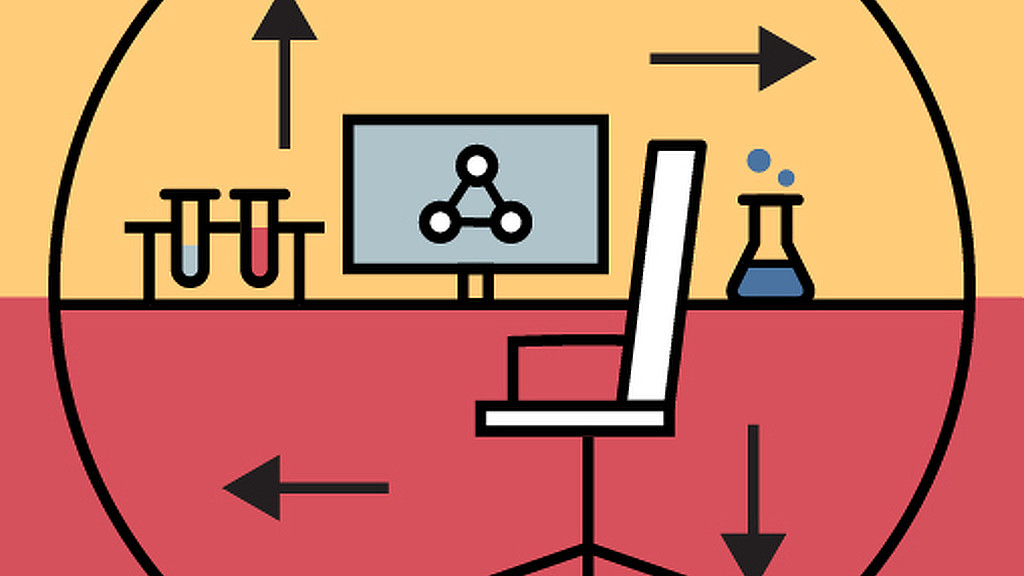
Designing Effective Research Buildings
An exploration into how architecture can support collaboration and innovation in laboratory buildings.
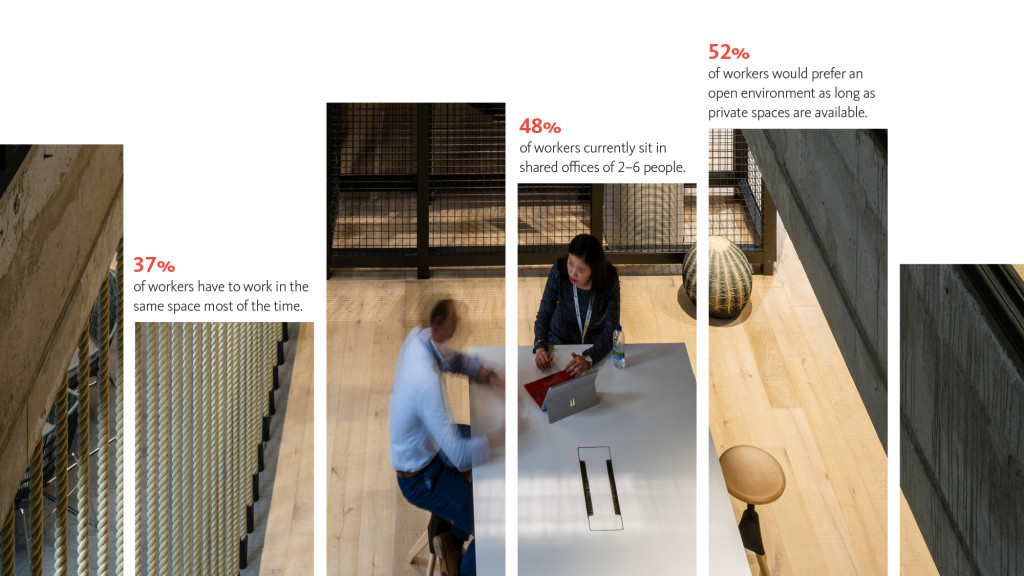
Germany Workplace Survey 2019
A deep dive into the changing German workplace and how they can improve productivity and satisfaction through workplace design.
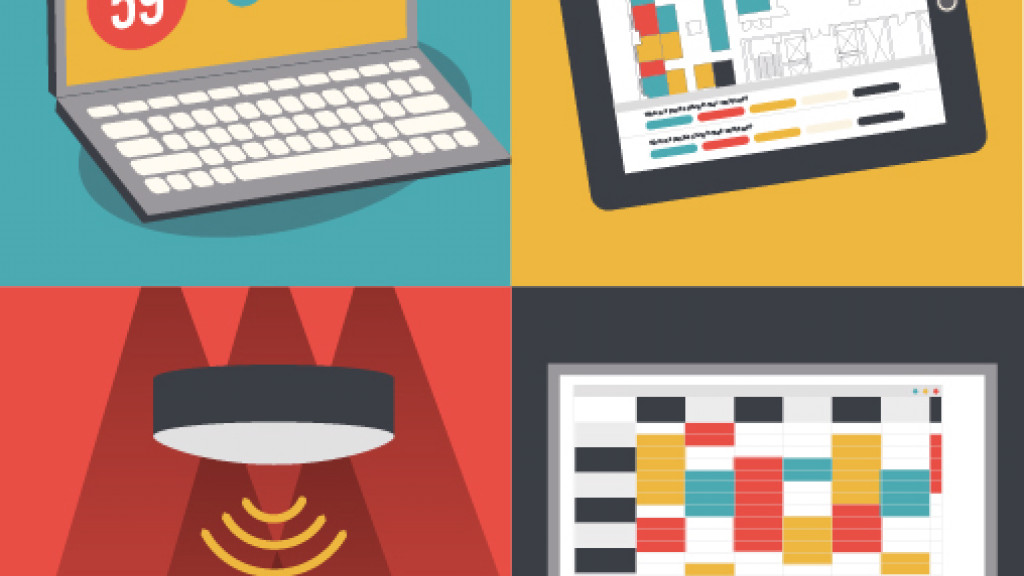
Using IoT Technology to Drive Evidence-Based Design
Using Gensler New York as a case study, we installed sensors and use mixed-methods to measure occupant and building data.

The Human Element: Work Styles & Spatial Preferences
We investigated the link between a person's learning style and their workplace preference.

Introducing the Gensler Experience Index
The Gensler Experience IndexSM is the result of a multi-year research effort to identify and quantify the factors of design that impact the human experience.
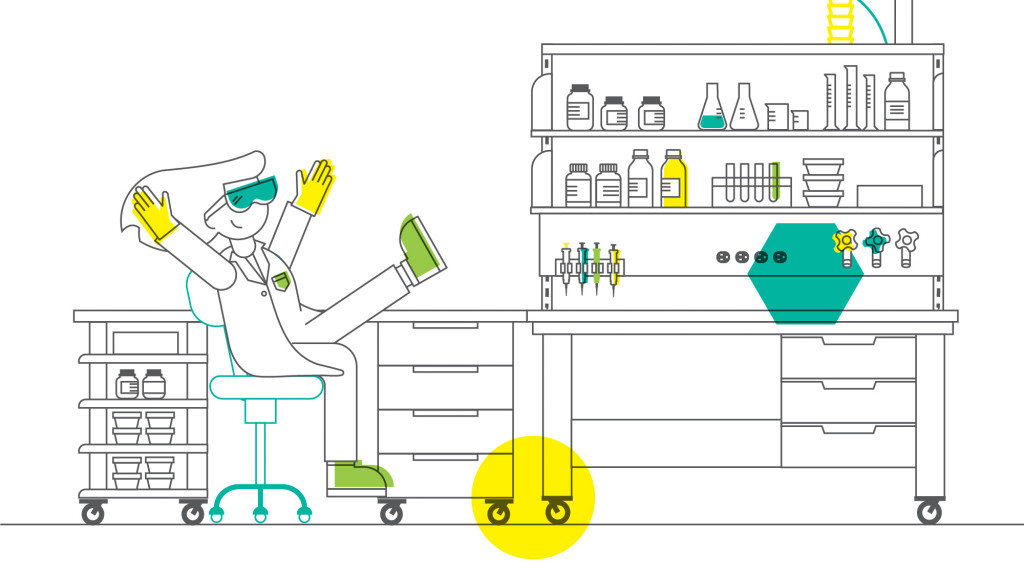
Adaptability in Life Science Design
An investigation into maximizing financial and experiential value in life sciences lab design.

Why Walls Should Live
Can living walls have an impact on indoor air quality and occupant comfort?
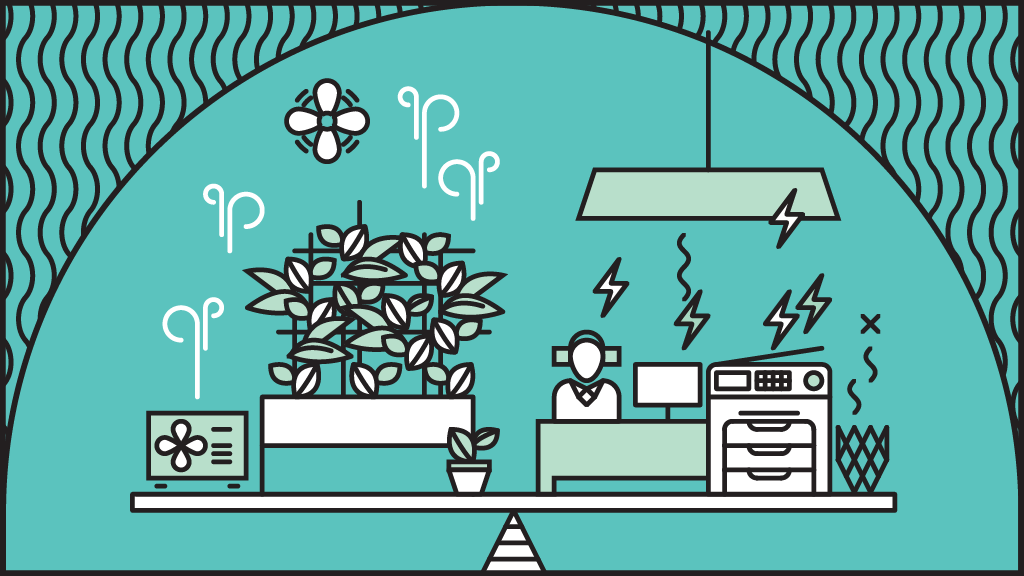
A Breath of Fresh Air
Exploring opportunities to address air pollution via design and architecture.

Tokyo’s Third Places
Exploring ways to improve work/life balance for Tokyo’s busy workforce.
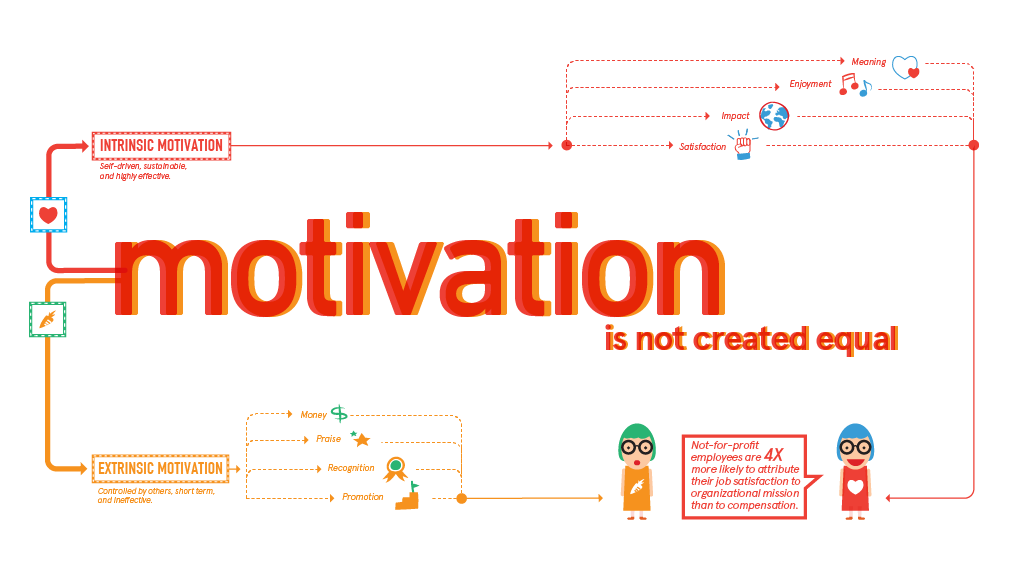
For the Love of Purpose
Understanding not-for-profit employees to uncover lessons about meaning in the workplace.
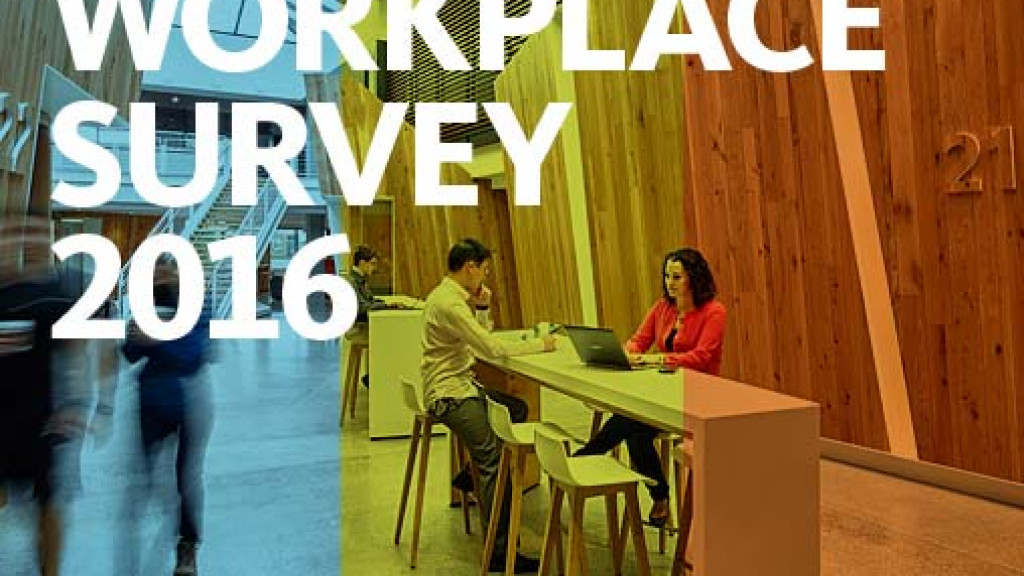
U.S. Workplace Survey 2016
Today’s organizations value Innovation, creativity and differentiation. Our latest workplace survey looks at how workplace design can foster an innovation ecosystem.
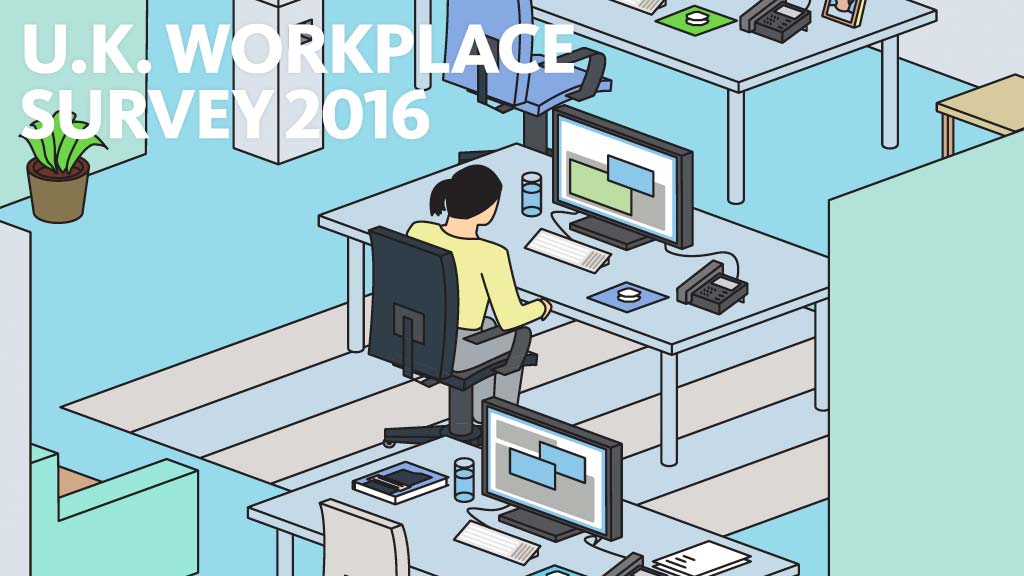
U.K. Workplace Survey 2016
The divide between the “haves and have nots” has grown exponentially in recent years. Can design help to resolve workplace inequalities?
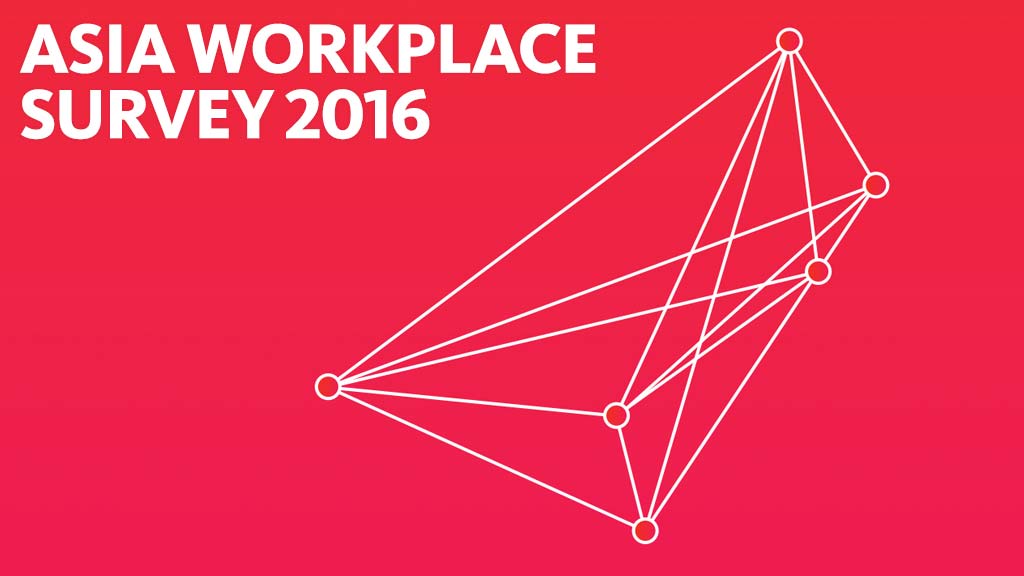
Asia Workplace Survey 2016
As Asian companies focus on competitiveness in a global market, they must explore a new, more balanced workplace identity to help them differentiate.
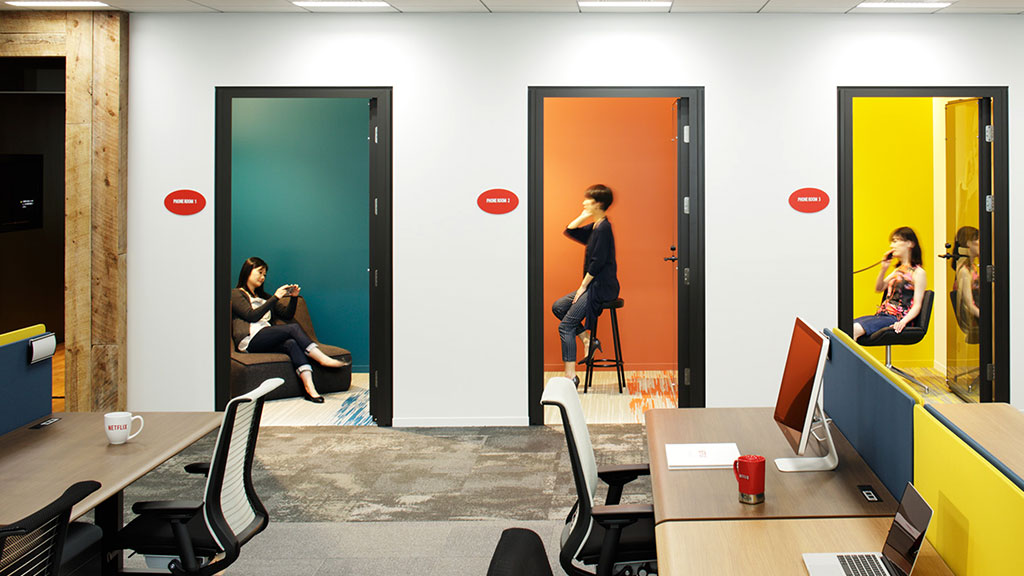
Emerging Work Styles
Can individual work survive in the “collaborative” workplace? Effective focus involves managing one’s individual preferences and cognitive style; collaboration and team dynamics; organizational culture and policies; and the environment and circumstances in which one works.
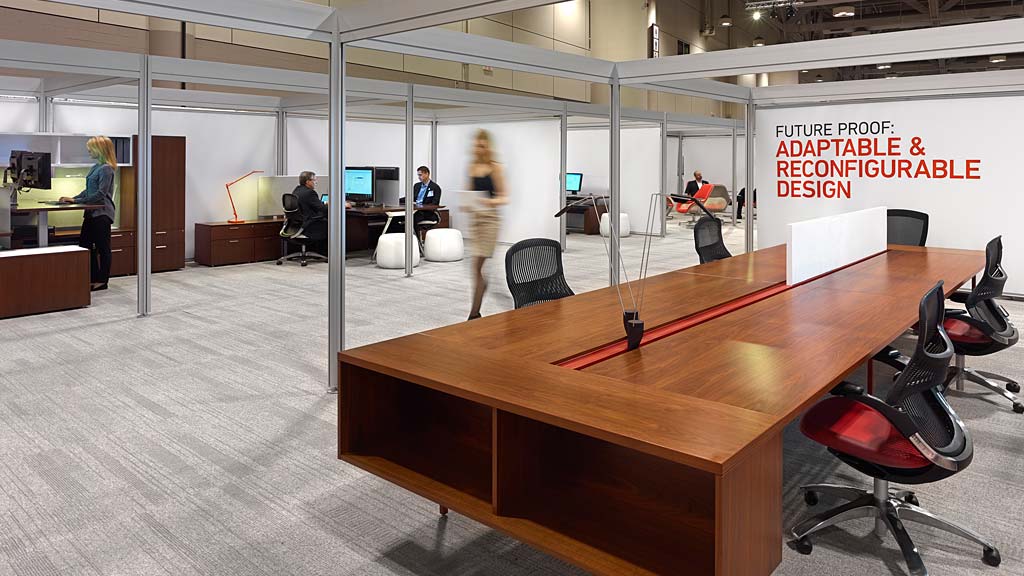
Legal Innovation Lab
How will lawyers work in the future? Law firms are ready for change, and are seeking progressive, tech-enabled workplace strategies that improve efficiency while enhancing their ability to attract, retain and support talent.
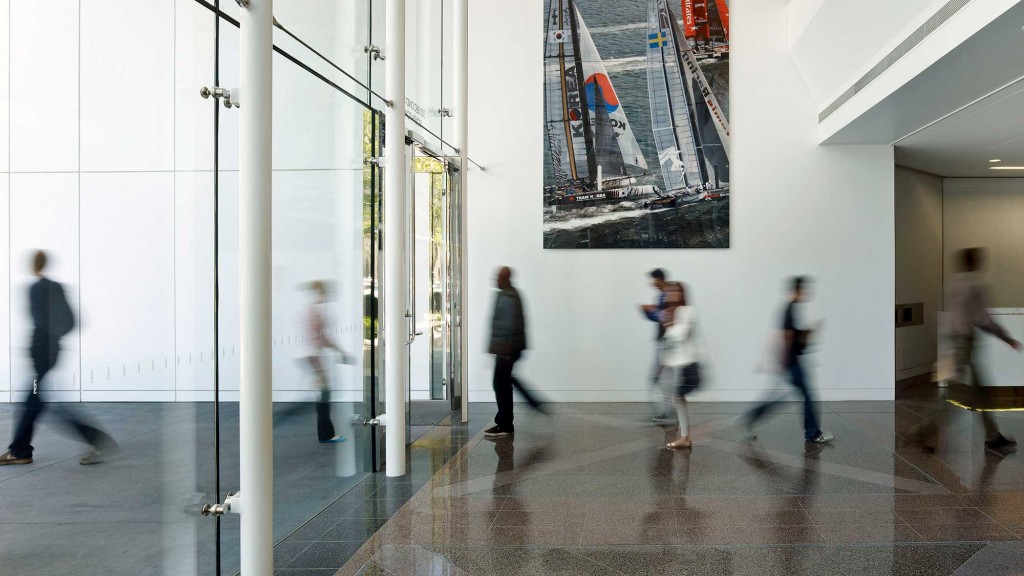
Design Premium
Can we quantify architecture’s contribution to building value? In aggregate, Class A buildings designed by top-ranked architecture firms exhibit higher rents after controlling for other market factors.
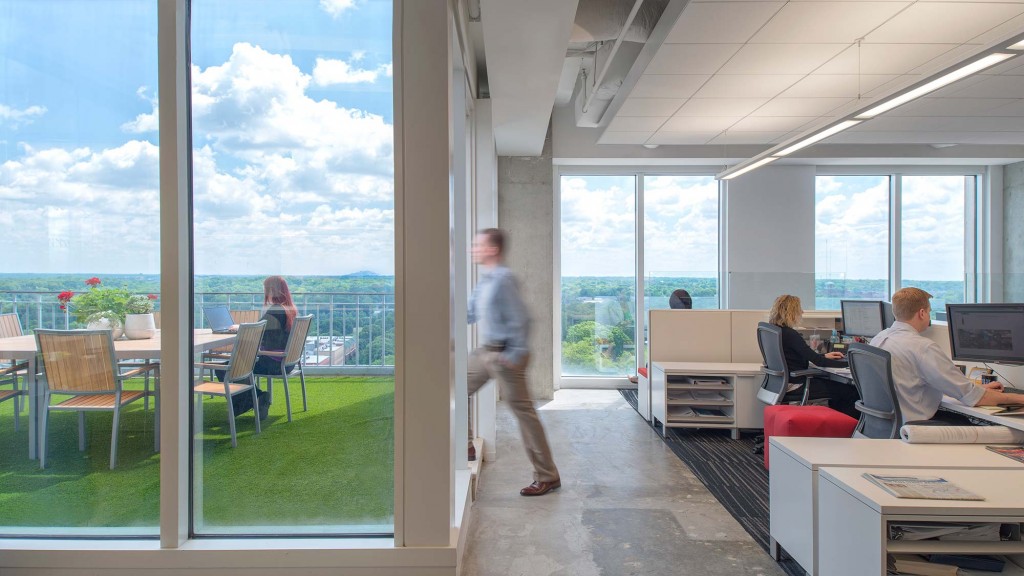
Toward a Wellness-Based Workplace
Does a healthy workplace improve the bottom line? An estimated 65% of a company’s health-related costs can be attributed to absenteeism and “presenteeism”— wellness-focused workplace design can reduce both.
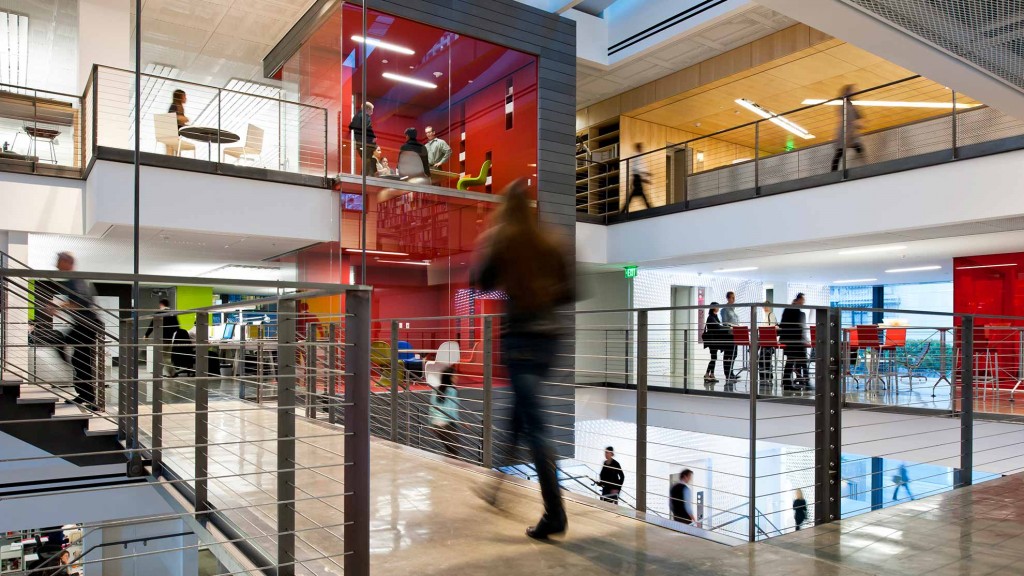
The 2013 U.S. Workplace Survey
What factors drive workplace performance? Employees in top-performing workplaces—those that balance focus and collaboration—outperform their peers on critical business measures.
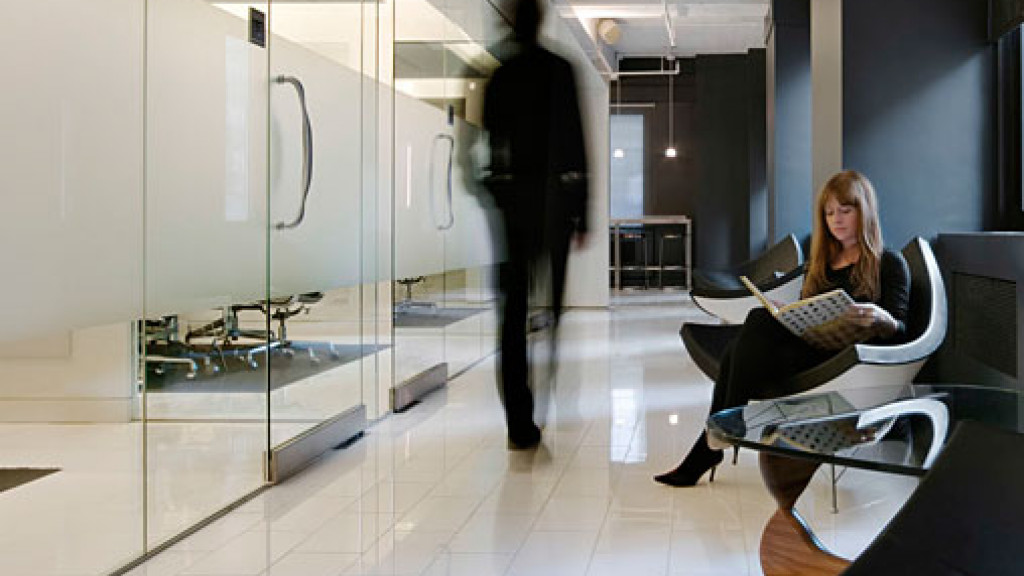
2013 U.S. Workplace Survey: Consumer Products
Are consumer products companies delivering on workplace experience? Employees report high levels of workplace choice, but note opportunities to improve workplace effectiveness across all work modes and a below-average satisfaction with in-house amenities.
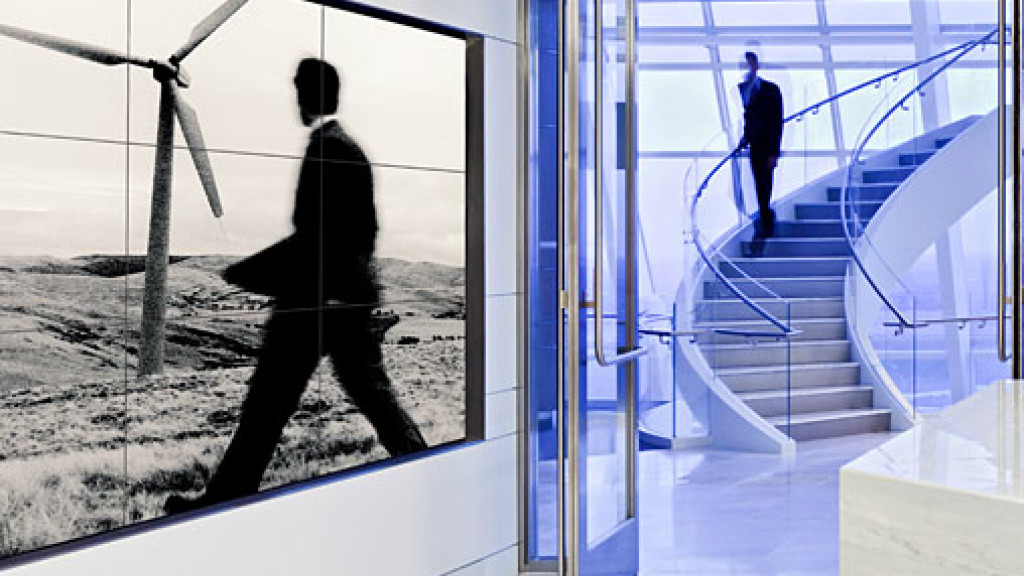
2013 U.S. Workplace Survey: Energy
What opportunities exist to improve the workplace for energy companies? While job satisfaction in this industry is higher than average, employees report below-average levels of choice in when and where to work. This may be a missed opportunity to improve performance.
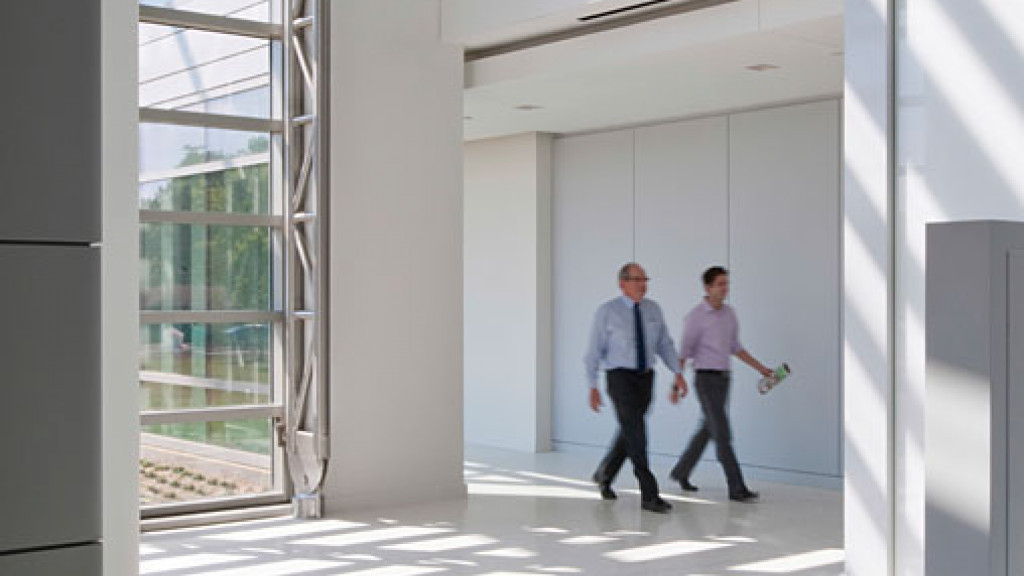
2013 U.S. Workplace Survey: Government
Can government workplaces improve in a time of budget and space constraints? Increasing employee choice and mobility is an opportunity to improve performance and satisfaction. To deliver, workplace solutions must be paired with the right tools, technologies and policies.

2013 U.S. Workplace Survey: Legal
Do lawyers work differently? Attorneys spend comparatively more time focusing than their peers in other industries, and only one in five report working in balanced work environments.
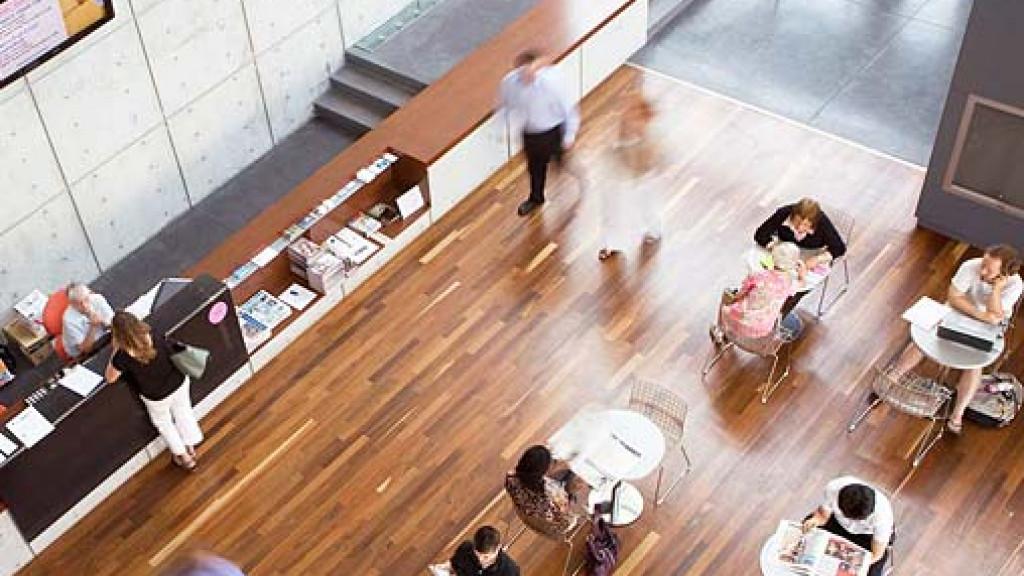
2013 U.S. Workplace Survey: Not-for-Profit
Is the workplace helping not-for-profit organizations achieve their mission? Less than one in four NFP employees works in a top-performing workplace, underscoring the need for environments that better support them in their efforts to help others.
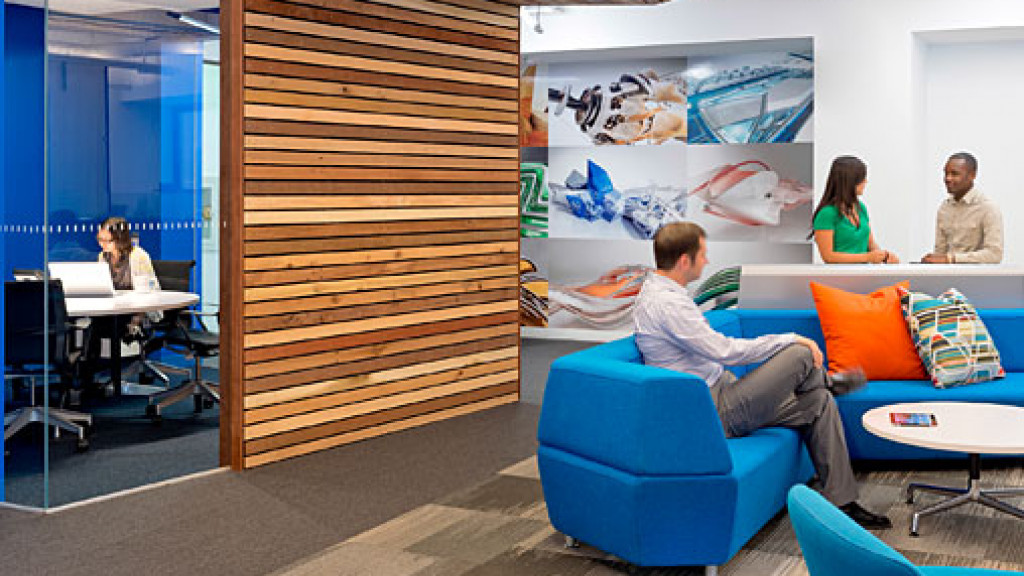
2013 U.S. Workplace Survey: Technology
What’s next for the tech workplace? Employees report higher-than-average levels of choice, satisfaction and workplace effectiveness – but there’s still room for improvement. Less than one in three tech employees reports working in an optional or “balanced” workplace.
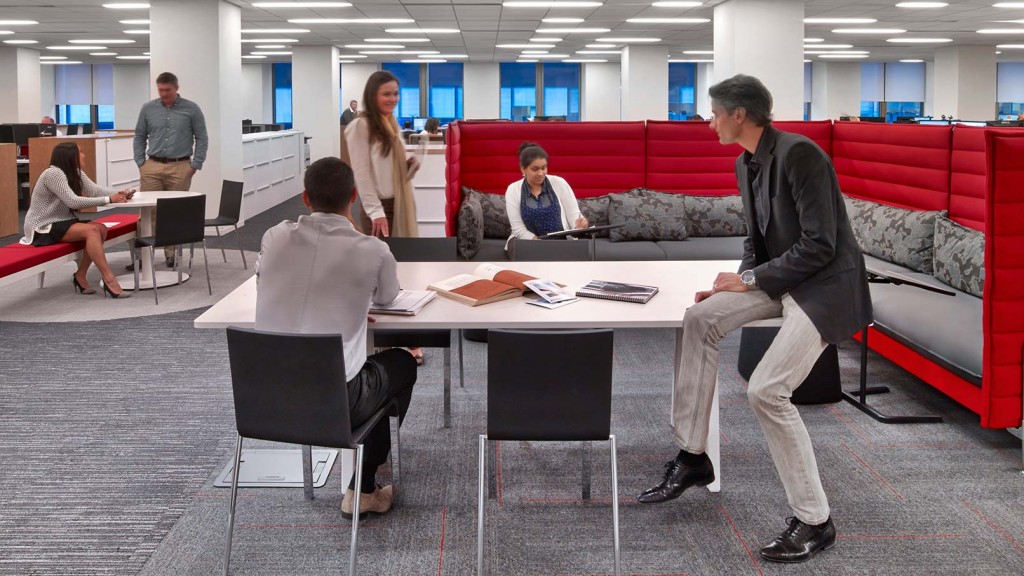
Innovation to Support CREs’ Challenge
What is the future of corporate real estate? Real estate executives are hungry for success metrics that go well beyond cost per square foot.
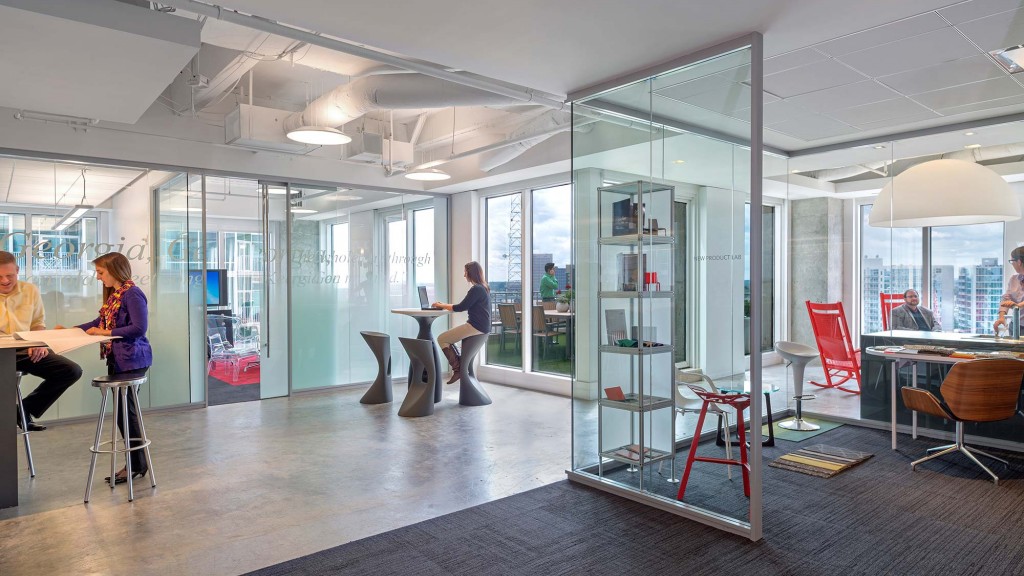
Activity Analysis
Is your work environment aligned with employee behavior? Understanding current workplace usage patterns is an opportunity to better align space with employee needs and work patterns.
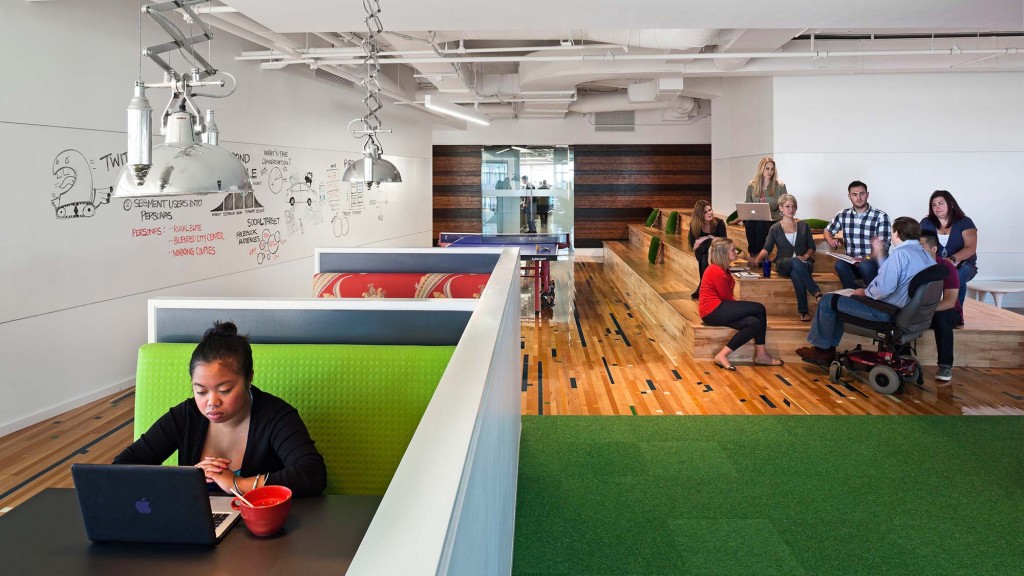
The 2008 U.S. & U.K. Workplace Surveys
Do top-performing companies work differently? Successful companies provide workplaces that value and support all activities critical to knowledge work today— focusing, collaborating, learning, and socializing.
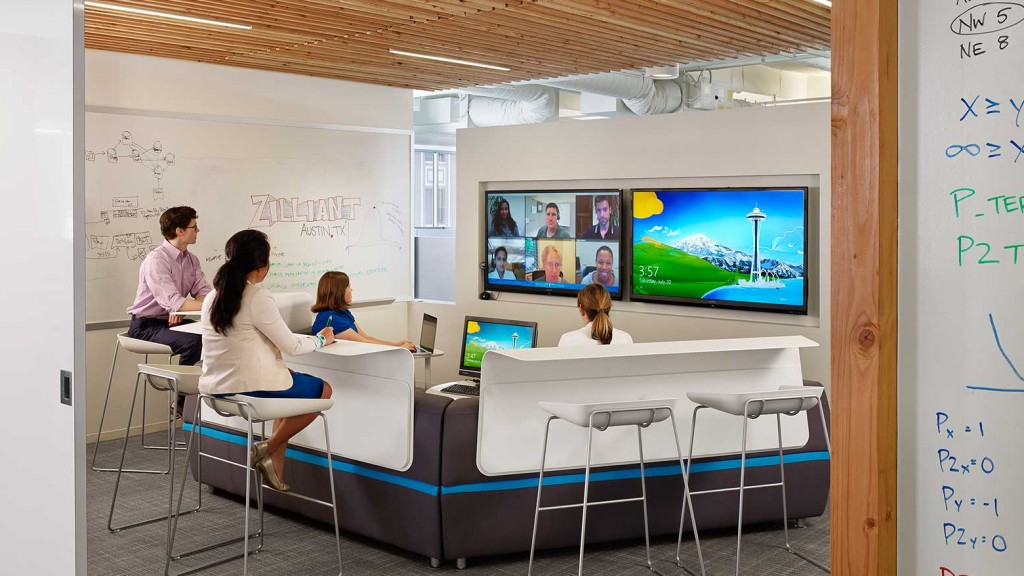
The 2006 U.S. Workplace Survey
How does design drive business performance? High-performance work environments are an opportunity to improve employee productivity, satisfaction, and effectiveness.

The 2005 U.K. Workplace Survey
Are poorly designed offices eroding productivity? Over half of UK workers don’t believe their office is designed to support their work or their company’s business.
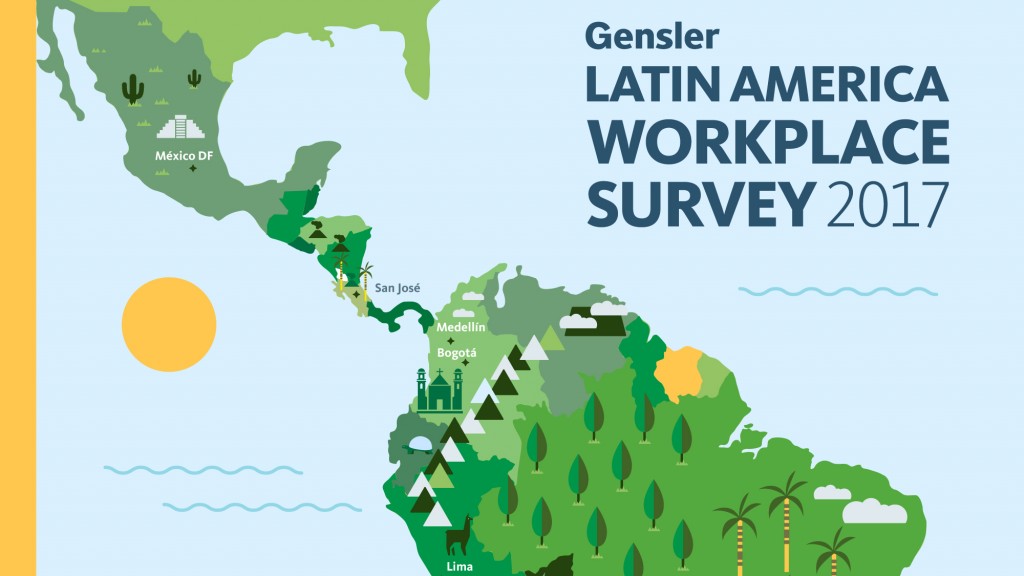
LATAM Workplace Survey 2017
How well is the Latin American workplace supporting the region’s knowledge workers, and what are the opportunities to improve?